Field notes: Our Writer on Discovering Love in the Everyday
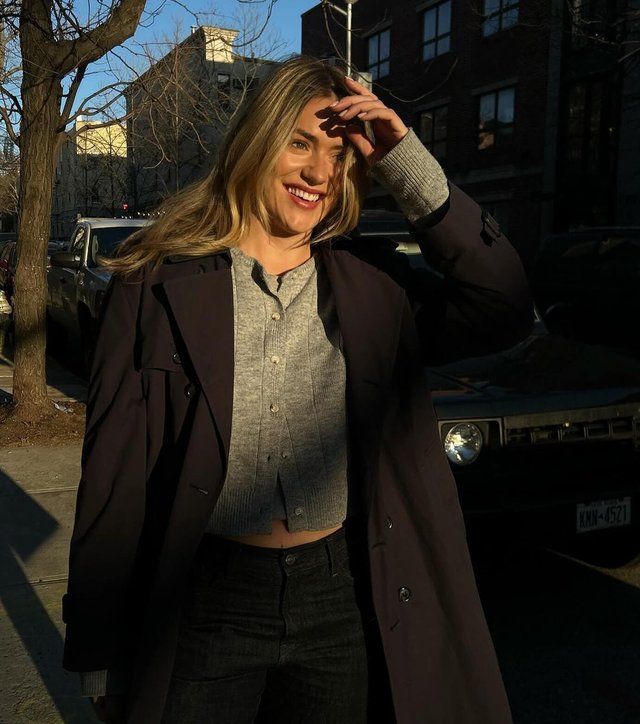
The experiment: to document, for one week, the small mechanics of how people care for one another. Not the grand displays — anniversaries, bouquets, midnight declarations — but the invisible infrastructure of connection. What does love look like when it isn’t trying to perform romance? When it is simply Thursday, and someone needs their world held together for thirty seconds?
The hypothesis: that most of what we call love exists in gestures too small to Instagram, too ordinary to remember, too practical to even feel like love at the time.
The methodology: observation. One instance per day, minimally editorialised, lightly analysed, collected as data on the quiet ways care reveals itself.
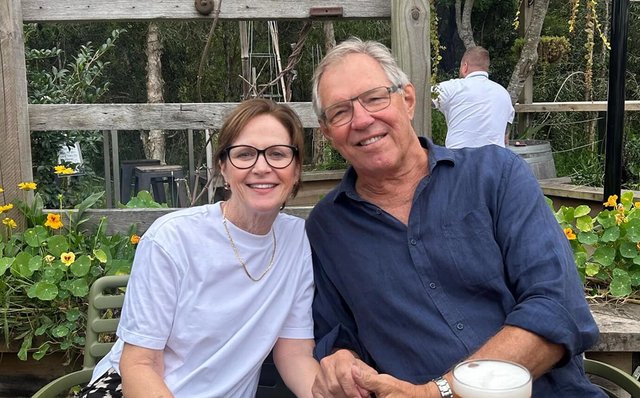
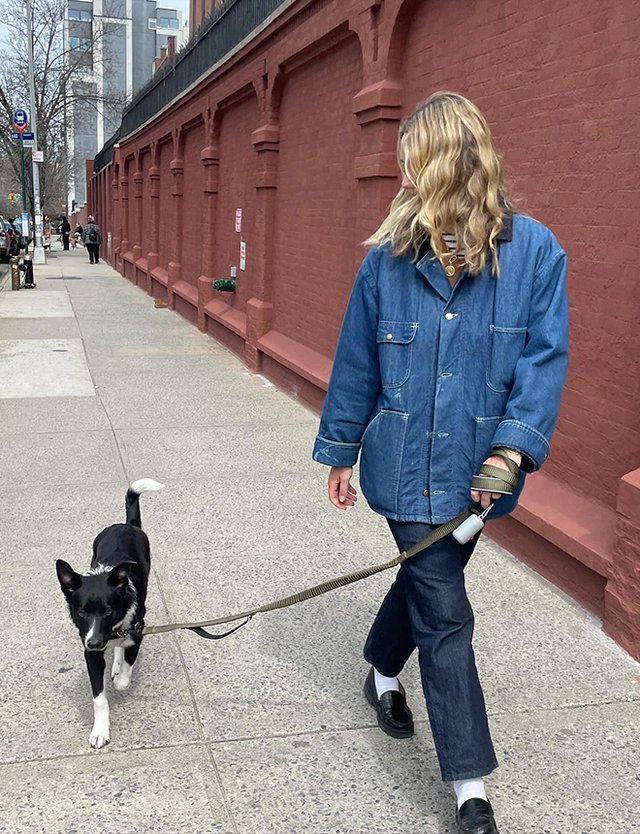
Day 1 — Monday, 6:23am
My mother texts me a photo of a dress, asking what I think. It’s for my brother’s wedding next March, and she must have been late-night scrolling through department store websites. I live halfway across the world, yet this is how we still shop together. The dress is fine; I prefer the one she sent last week. But the point isn’t the dress. The point is the dawn message, the assumption that my opinion matters, the insistence that distance doesn’t cancel ritual.
Day 2 — Tuesday, 9:07am
On the street, a pair of toddler twins in a double stroller catch my eye. In perfect unison, they smile, wave, and collapse into giggles at their own choreography. All four of us — twins, guardian and me — walk away laughing. For thirty seconds, the world rearranges itself around the simple fact that two small humans found me delightful, for no apparent reason at all.
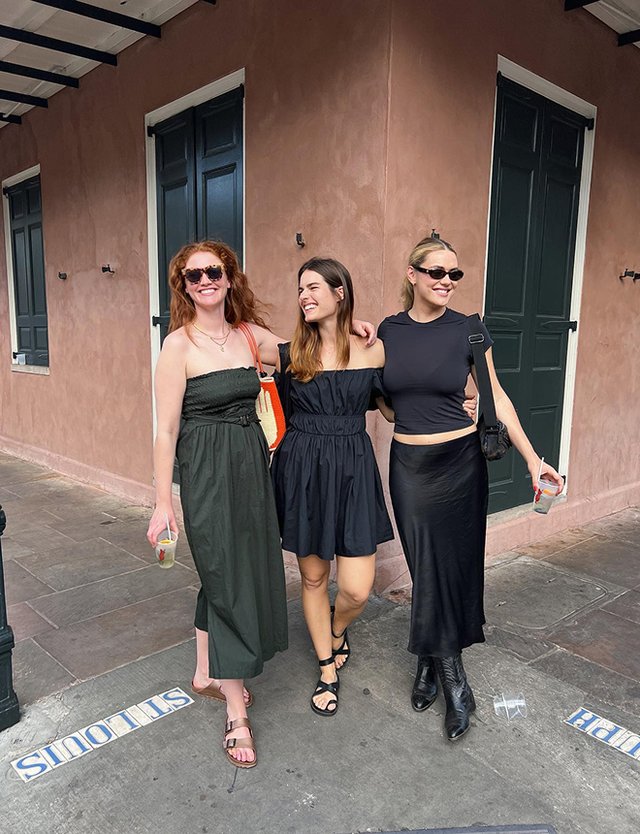
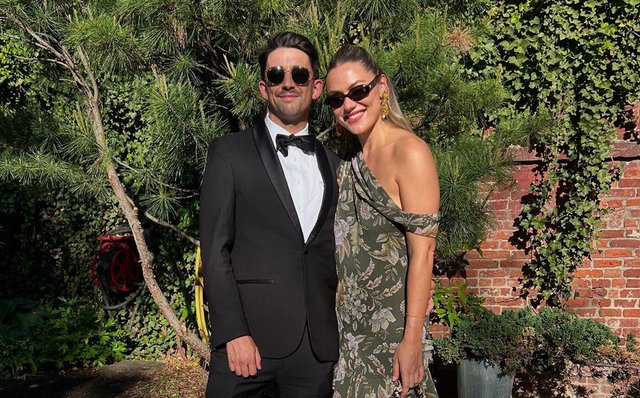
Day 3 — Wednesday, 7:22pm
A friend texts: “how did the thing go?” Three days earlier I had only mentioned, in passing, that I had “a thing.” No questions when I reply that it went fine. Just: “good,” followed by a heart. Sometimes love is remembering what others forget, and knowing precisely when not to dig deeper.
Day 4 — Thursday, 12:24pm
A migraine begins to blur the edges of my vision. I text my partner. He asks if I’ve eaten — practical triage, knowing my tendency to forget. Half an hour later he comes home with cold brew (caffeine helps) and grilled cheese made exactly the way I like it, with mustard. Love, I realise, is someone who has mapped your particular way of falling apart.
Day 5 — Friday, 4:12pm
Our building has been plagued by package theft. A neighbour, when she has the time, collects parcels from the lobby and delivers them to doorsteps. I catch her mid-route, arms full of Amazon boxes. When I tell her she is generous, she shrugs: “You’d do the same.” The assumption hits harder than gratitude — she has decided we are all the kind of people who look after each other, and so, perhaps, we are.
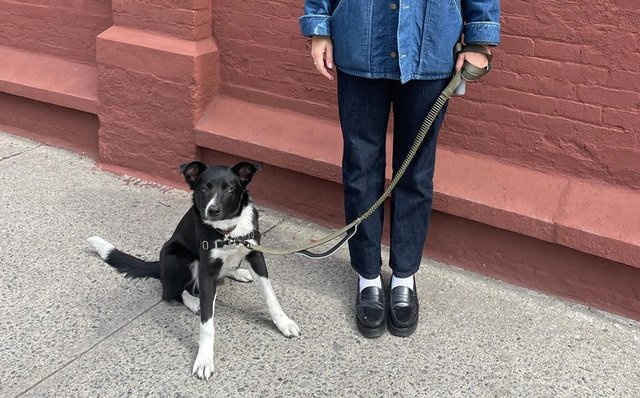
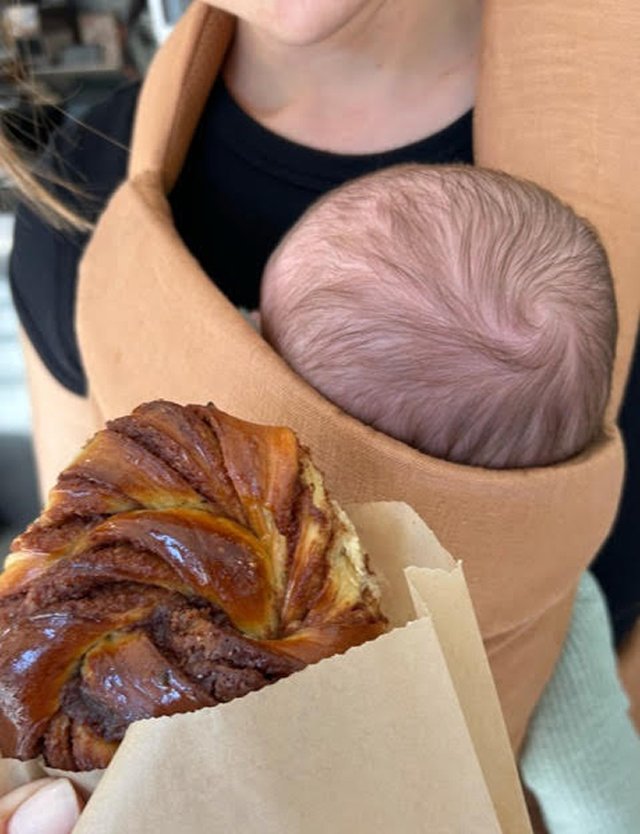
Day 6 — Saturday, 8:15am
I’m walking my excitable young dog when we pass a woman with an arthritic old one. He pauses every few steps, sniffing with ceremony. Other owners stride past impatiently, but she waits. Three minutes at a mailbox, another at a hydrant, longer still at a crack in the pavement. What once was a brisk twenty-minute walk now takes an hour. My dog strains forward, restless. Love, I see, is adjusting your pace to match another’s limits.
Day 7 — Sunday, 10:13am
The message I’ve been waiting for arrives: we have a baby. Attached is a photo of my best friend holding her daughter, face luminous with exhaustion, relief and joy. It is a new version of her I have never seen, transformed by love multiplied. Heart swollen, life changed.
Related stories
- Weddings
- People,
- Style,
- Planning
- Style,
- Planning,
- People
- Travel

All in the Details
A wedding as cinematic as their love story, this couple created an unforgettable celebration at Château de Fontarèches.
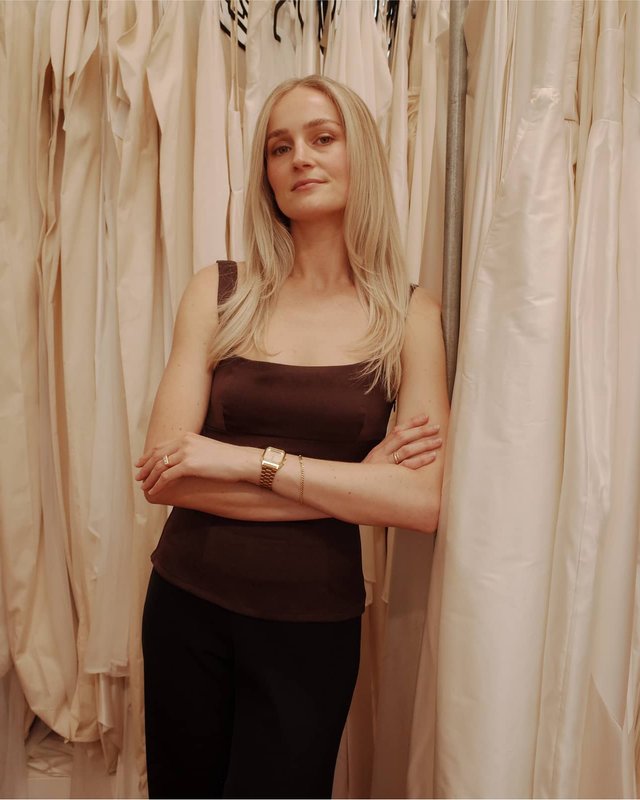

Inside the World of Sought-After Designer Alice Hayes
Founded by designer and dressmaker Alice Hayes, the label embodies a distinctly Antipodean sense of ease in which elegance meets relaxed silhouettes, tempered with personal touches.
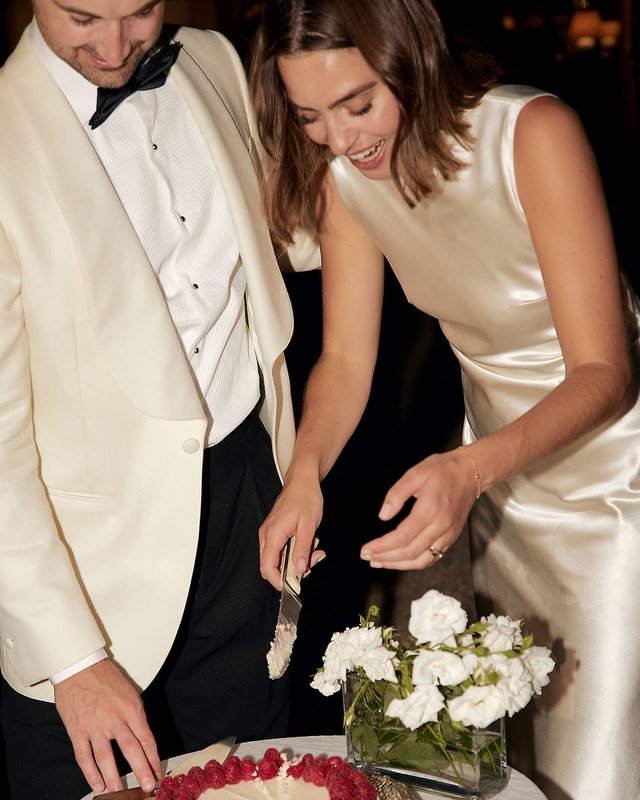
7 Fashion-Forward Brides Share Their Best Wedding Advice Ever
Some of the coolest brides we know share their modern visions for a picture-perfect wedding day – from planning tips to what they’d do differently. Take note.

A Romantic’s Guide to the French Riviera
On a recent trip to the French Riviera, our writer followed a romantic path of hidden coves, storied villas and chapels where love and art converged.